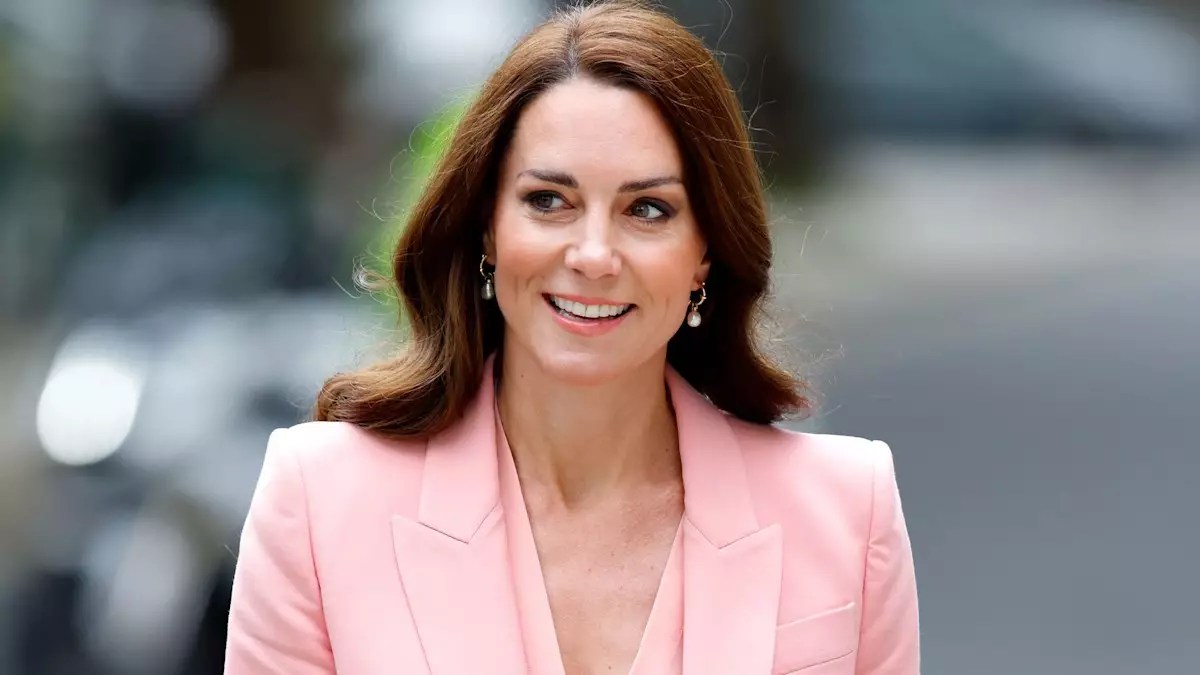In a bold and commendable move, the Princess of Wales has embarked on a mission that is reshaping the landscape of early childhood support in the UK. Launched in March 2023, her Business Taskforce for Early Childhood is not merely an initiative; it is a powerful rallying point aimed at encouraging corporate investment in the earliest years of human development. This initiative has sparked critical dialogue about the importance of nurturing children during their formative years and has introduced transformative policies to benefit families and society as a whole.
This initiative is not an isolated effort but part of a broader vision that Kate Middleton has pursued since her establishment of the Centre for Early Childhood in 2021. Such persistent engagement over years highlights not only her commitment but also a genuine understanding of the societal impact of early childhood experiences. Her acute awareness of the challenges faced by parents underscores the significance of creating supportive policies that facilitate a thriving family environment.
Business Engagement and Impact
One of the standout achievements of this initiative has been the involvement of major corporations, including Deloitte UK, Iceland Foods, NatWest Group, and IKEA UK and Ireland. Notably, Deloitte’s decision to extend its parental policy to offer 26 weeks of full pay for parents is a landmark change that defies the outdated norms of two weeks of paternity leave currently mandated in the UK. This policy shift not only demonstrates corporate responsibility but also acknowledges the essential role that supportive parental leave plays in a productive workforce.
However, while the larger corporations are making commendable strides, the statement from The Dad Shift, an organization advocating for better paternity leave, brings to light an uncomfortable reality. Smaller businesses often lack the resources to replicate such progressive policies, leaving many new fathers trapped in a system that offers minimal support. The inequality in parental leave benefits emphasizes a critical gap that calls for urgent governmental action to level the playing field so that every family, regardless of their employer’s size, has access to adequate leave.
Community and Corporate Collaborations
The Business Taskforce’s collaborative approach extends beyond policy creation; it integrates community support into its framework. Companies like IKEA and Iceland Foods are not just endorsing policy changes but actively engaging with local communities to ensure families have access to vital resources. IKEA’s partnership with local baby banks is a direct response to the practical needs of families, indicating that corporate involvement can extend to social responsibility. This approach cultivates a culture where corporate interests align with the well-being of society.
Collaboration with organizations such as Teach First to train early years educators further exemplifies how business engagement can enhance community education. The reported potential economic value of investing in early childhood education—estimated at £45.5 billion annually—further underlines the importance of integrating early development into broader economic strategies.
Leading the Charge for Change
The Princess of Wales has emerged as a pivotal figure in advocating for reform, bringing visibility to childhood development issues and galvanizing corporate and governmental responses. Her unwavering focus on improving early childhood conditions demonstrates real leadership, particularly as she emphasizes that this is not merely a women’s issue but one deserving attention from policymakers at all levels.
The enthusiasm from organizations for her leadership is palpable, but it also reflects a collective desire for systemic change. The gap between large corporations and small businesses must be bridged through legislative reforms that ensure all families can benefit from changes in parental leave. The shift towards progressive parental policies requires more than voluntary corporate decisions; it necessitates robust government intervention to standardize benefits across the board.
Through the actions and collaborations fostered by the Business Taskforce for Early Childhood, the Princess of Wales is paving the way for a future where every child has an equitable chance to thrive. Her work underscores the notion that investing in early childhood education is not only a moral imperative but a prudent economic strategy, one that could redefine the workforce of tomorrow.


Leave a Reply